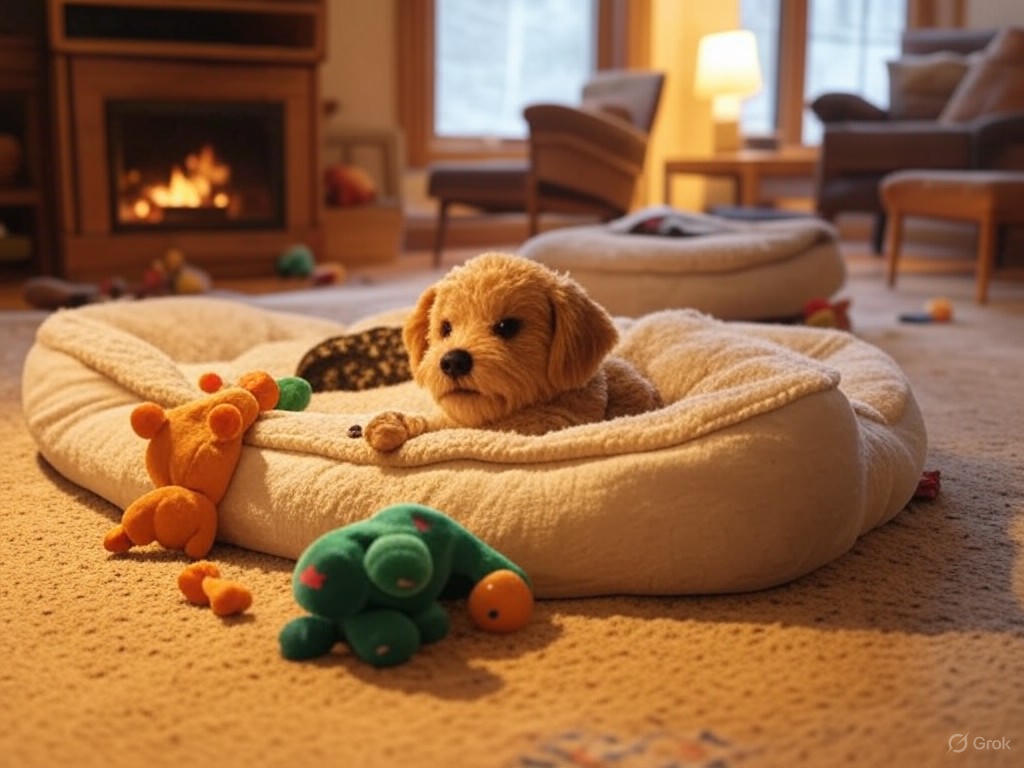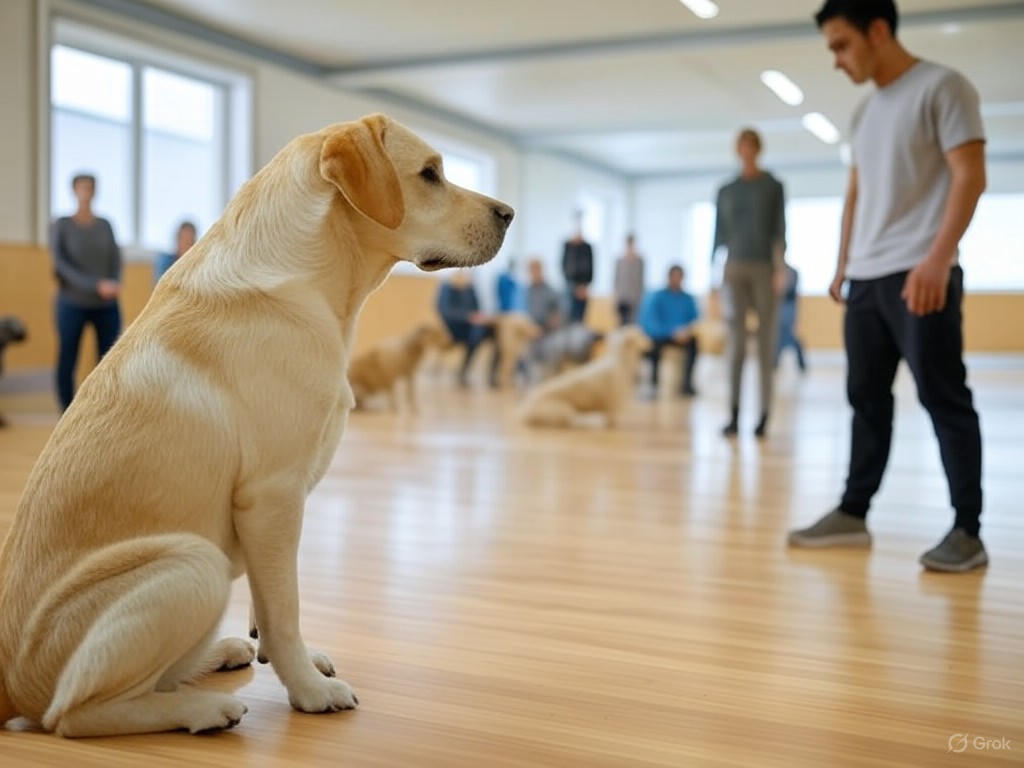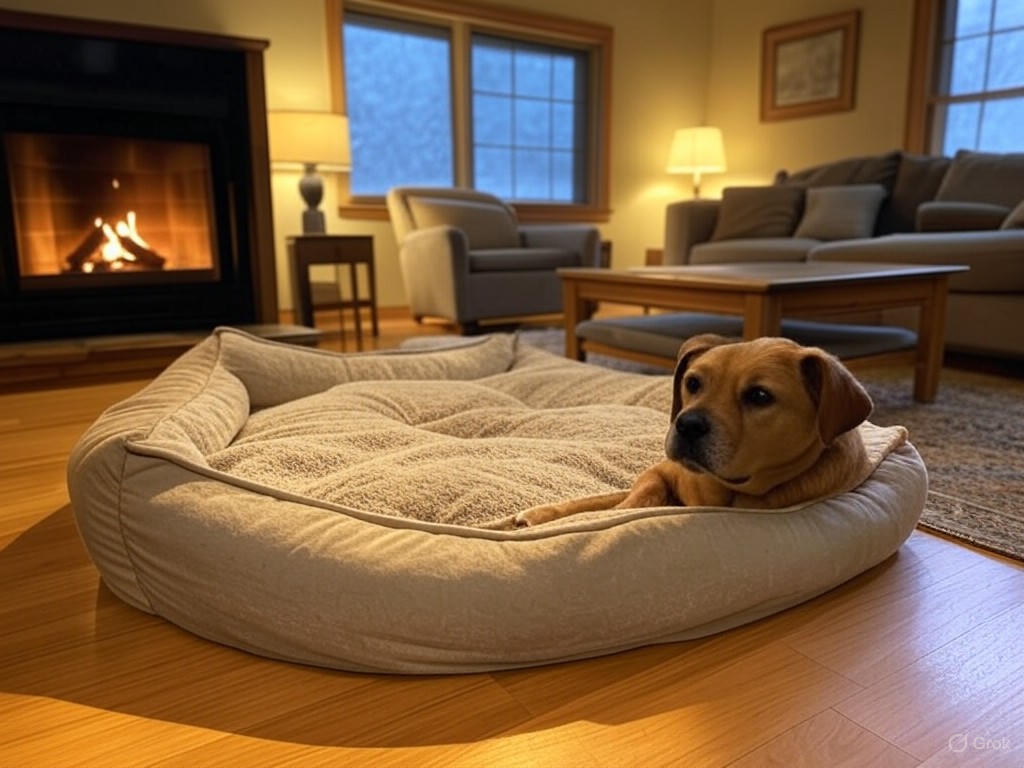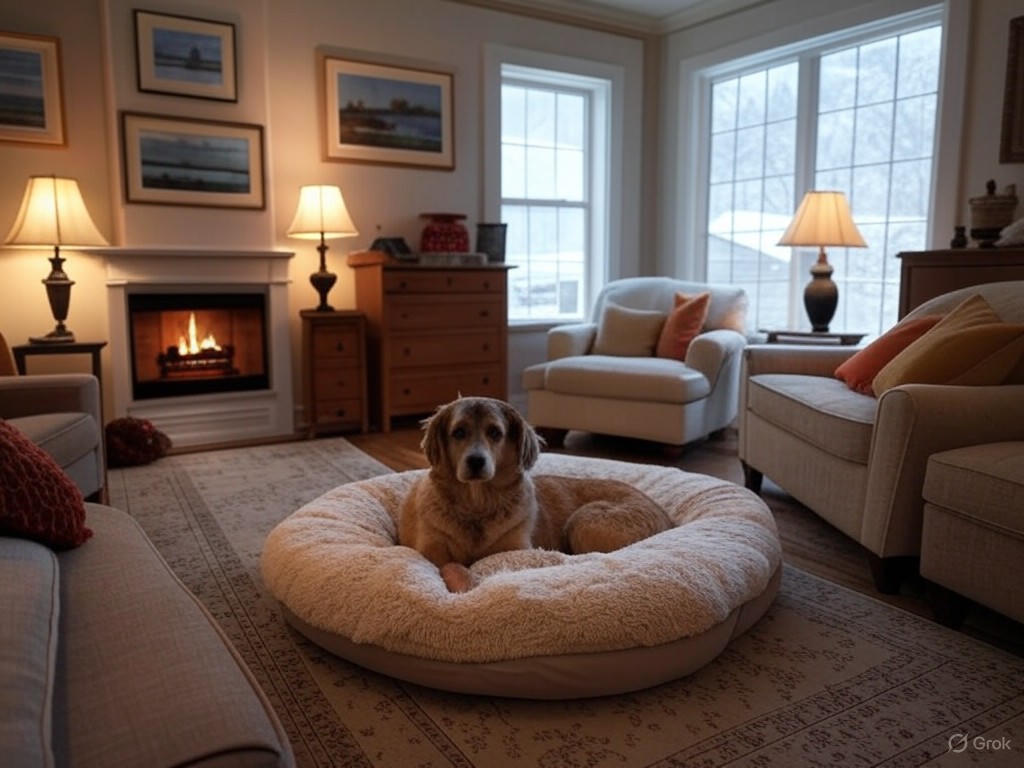
Understanding and managing dog behavior at home is crucial for fostering a harmonious relationship between you and your furry friend. By addressing various aspects of dog behavior, such as training, socialization, and communication, you can create a positive home environment that benefits both you and your pet.
The Importance of Training
Training is the foundation of good dog behavior. It helps establish clear communication between you and your dog, setting boundaries and expectations. Positive reinforcement techniques, such as rewarding desired behaviors with treats or praise, are highly effective in encouraging your dog to learn and obey commands. Consistency and patience are key when training your dog at home, as it may take time for them to fully grasp and internalize the lessons.
Creating a Positive Home Environment
Your home environment plays a significant role in shaping your dog's behavior. Ensure that your dog has a comfortable and safe space to retreat to, such as a designated bed or crate. Providing ample opportunities for exercise and mental stimulation can help prevent boredom and destructive behaviors. Additionally, maintaining a predictable routine can help reduce anxiety and stress in your dog, contributing to better overall behavior.
Addressing Anxiety and Aggression
Anxiety and aggression are common behavioral issues that can arise in dogs. If your dog displays signs of anxiety, such as excessive barking, pacing, or destructive behavior, it's essential to identify and address the underlying causes. Consult with a veterinarian or a professional dog behaviorist to develop a tailored plan to help your dog overcome anxiety. Similarly, if your dog exhibits aggressive behavior, seek professional guidance to address the issue safely and effectively.
The Role of Socialization
Socialization is crucial for a well-adjusted dog. Exposing your dog to various people, animals, and environments from an early age can help them develop confidence and adaptability. Regularly taking your dog for walks, visiting dog-friendly parks, and arranging playdates with other well-behaved dogs can contribute to positive socialization experiences. However, always prioritize your dog's comfort and safety during these interactions.
Effective Communication and Problem-Solving
Clear communication is essential for understanding and managing your dog's behavior at home. Learn to recognize your dog's body language and vocal cues, as they often provide valuable insights into their emotional state and needs. When faced with behavioral challenges, approach problem-solving with patience and empathy. Identify the root cause of the issue and work on implementing gradual changes to address it. Remember that every dog is unique, and what works for one may not work for another.

By focusing on training, creating a positive home environment, addressing anxiety and aggression, promoting socialization, and fostering effective communication, you can successfully understand and manage your dog's behavior at home. As a responsible pet owner, it's essential to continuously learn and adapt your approach to meet your dog's evolving needs. With dedication and the right strategies, you can build a strong bond with your home pet and enjoy a fulfilling life together.


